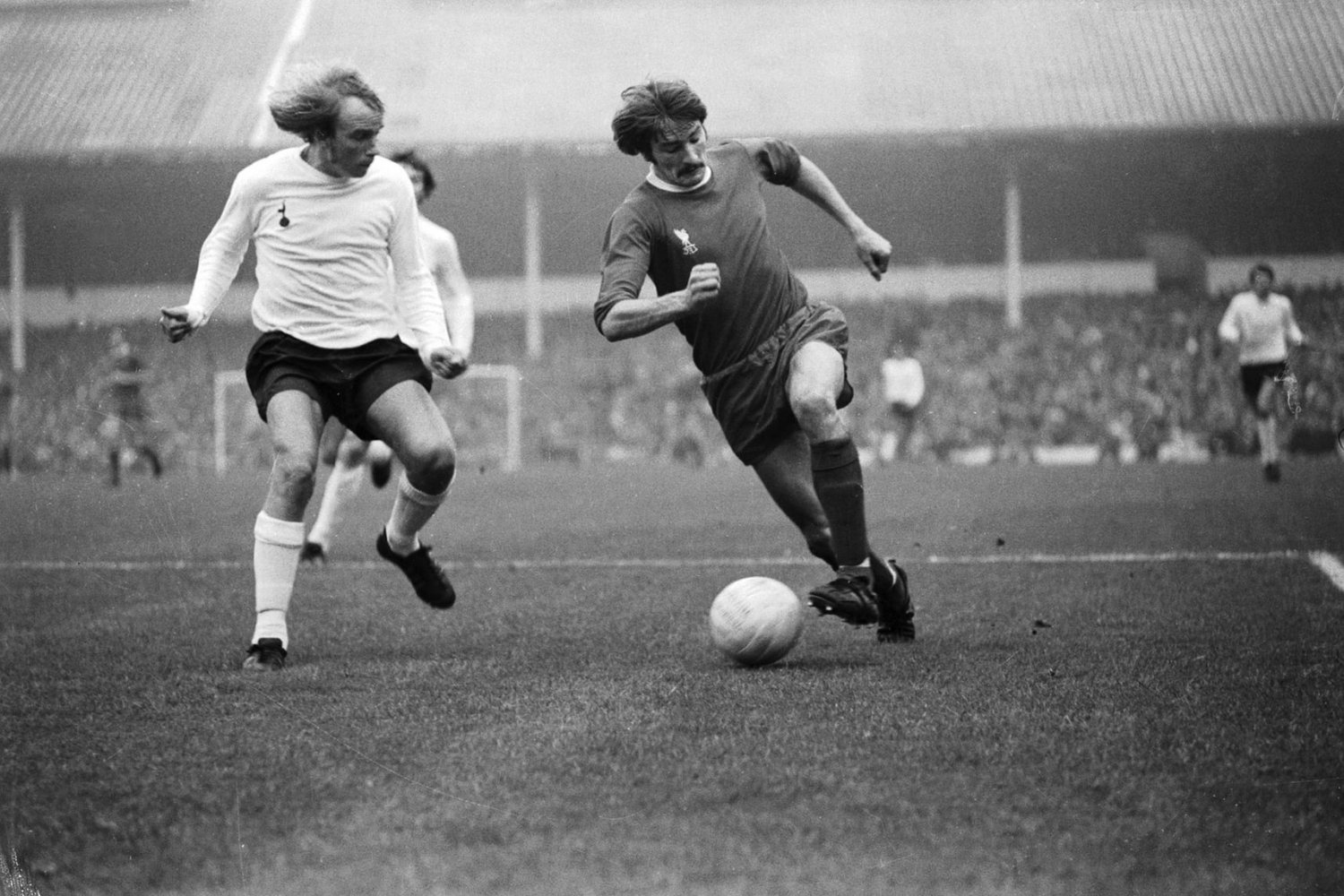
What made 1970s football so iconic? The 1970s was a decade of transformation for football, marked by legendary players, unforgettable matches, and significant changes in the sport's rules and culture. From Pele's magic on the field to the rise of Total Football, the era was a melting pot of innovation and raw talent. Stadiums buzzed with energy, and fans witnessed the birth of modern football tactics. The World Cup tournaments of 1970 and 1974 showcased some of the most thrilling moments in football history. Whether you’re a die-hard fan or just curious, these 23 facts about 1970s football will take you on a nostalgic journey through a decade that forever changed the beautiful game.
Key Takeaways:
- The 1970s were a game-changing decade for NFL, with iconic players, unforgettable moments, and rule changes that shaped modern football.
- The cultural impact of 1970s football extended beyond the game, turning players into celebrities and making football a staple in American households.
The Rise of the NFL
The 1970s marked a significant era for American football, especially for the NFL. This decade saw the league grow in popularity and influence.
- The NFL and AFL merged in 1970, creating a unified league with two conferences: the AFC and NFC.
- Monday Night Football debuted in 1970, bringing football to prime-time television and increasing its fan base.
- The Pittsburgh Steelers won four Super Bowls in the 1970s, establishing themselves as a dominant force.
- The Miami Dolphins completed the only perfect season in NFL history in 1972, finishing 17-0.
- The Dallas Cowboys earned the nickname "America's Team" due to their widespread popularity and success.
Iconic Players of the 1970s
The 1970s produced some of the most legendary football players, whose impact on the game is still felt today.
- Terry Bradshaw, quarterback for the Pittsburgh Steelers, led his team to four Super Bowl victories.
- Walter Payton, known as "Sweetness," became one of the greatest running backs, playing for the Chicago Bears.
- O.J. Simpson, running back for the Buffalo Bills, became the first player to rush for over 2,000 yards in a season in 1973.
- Roger Staubach, quarterback for the Dallas Cowboys, was known for his leadership and clutch performances.
- Mean Joe Greene, a defensive tackle for the Steelers, was a cornerstone of the "Steel Curtain" defense.
Memorable Games and Moments
The 1970s were filled with unforgettable games and moments that have become part of football lore.
- The "Immaculate Reception" in 1972, where Franco Harris caught a deflected pass to score a game-winning touchdown for the Steelers.
- The "Hail Mary" pass by Roger Staubach in a 1975 playoff game, coining the term for a last-second desperation throw.
- The 1978 AFC Championship Game, known as the "Ghost to the Post," featured a dramatic overtime win by the Oakland Raiders.
- The 1977 Super Bowl, where the Dallas Cowboys defeated the Denver Broncos, was the first to be played in a domed stadium.
- The 1979 Super Bowl, where the Steelers defeated the Cowboys, is considered one of the greatest Super Bowls ever played.
Evolution of the Game
The 1970s saw several changes in rules and strategies that shaped modern football.
- The NFL introduced the wild card playoff system in 1970, allowing more teams to compete in the postseason.
- The league implemented the "Mel Blount Rule" in 1978, limiting contact with receivers to improve the passing game.
- Artificial turf became more common in stadiums, changing the speed and style of play.
- The West Coast offense, developed by Bill Walsh, began to gain popularity, emphasizing short, precise passes.
- The NFL expanded to 28 teams by the end of the decade, reflecting the sport's growing popularity.
Cultural Impact
Football in the 1970s wasn't just about the game; it also had a significant cultural impact.
- The Super Bowl became a major cultural event, with millions tuning in not just for the game but also for the halftime show and commercials.
- Football players started to become celebrities, appearing in movies, TV shows, and advertisements.
- The sport's popularity led to the creation of numerous football-themed toys, games, and merchandise, making it a staple in American households.
The Last Whistle
The 1970s football era left a lasting impact on the sport. From legendary players like Pelé and Johan Cruyff to iconic matches that still get talked about today, the decade was a golden age for football fans. The introduction of new tactics and styles of play changed how the game was played and watched. Clubs like Liverpool and Bayern Munich dominated, setting standards for future generations. The rise of television coverage brought the sport into living rooms worldwide, making football more accessible than ever. This decade wasn't just about the game; it was about the culture, the fans, and the unforgettable moments that shaped football history. Whether you're a die-hard fan or new to the sport, the 1970s offer a treasure trove of memories and milestones worth exploring. Football wouldn't be what it is today without that transformative decade.
Frequently Asked Questions
Was this page helpful?
Our commitment to delivering trustworthy and engaging content is at the heart of what we do. Each fact on our site is contributed by real users like you, bringing a wealth of diverse insights and information. To ensure the highest standards of accuracy and reliability, our dedicated editors meticulously review each submission. This process guarantees that the facts we share are not only fascinating but also credible. Trust in our commitment to quality and authenticity as you explore and learn with us.
